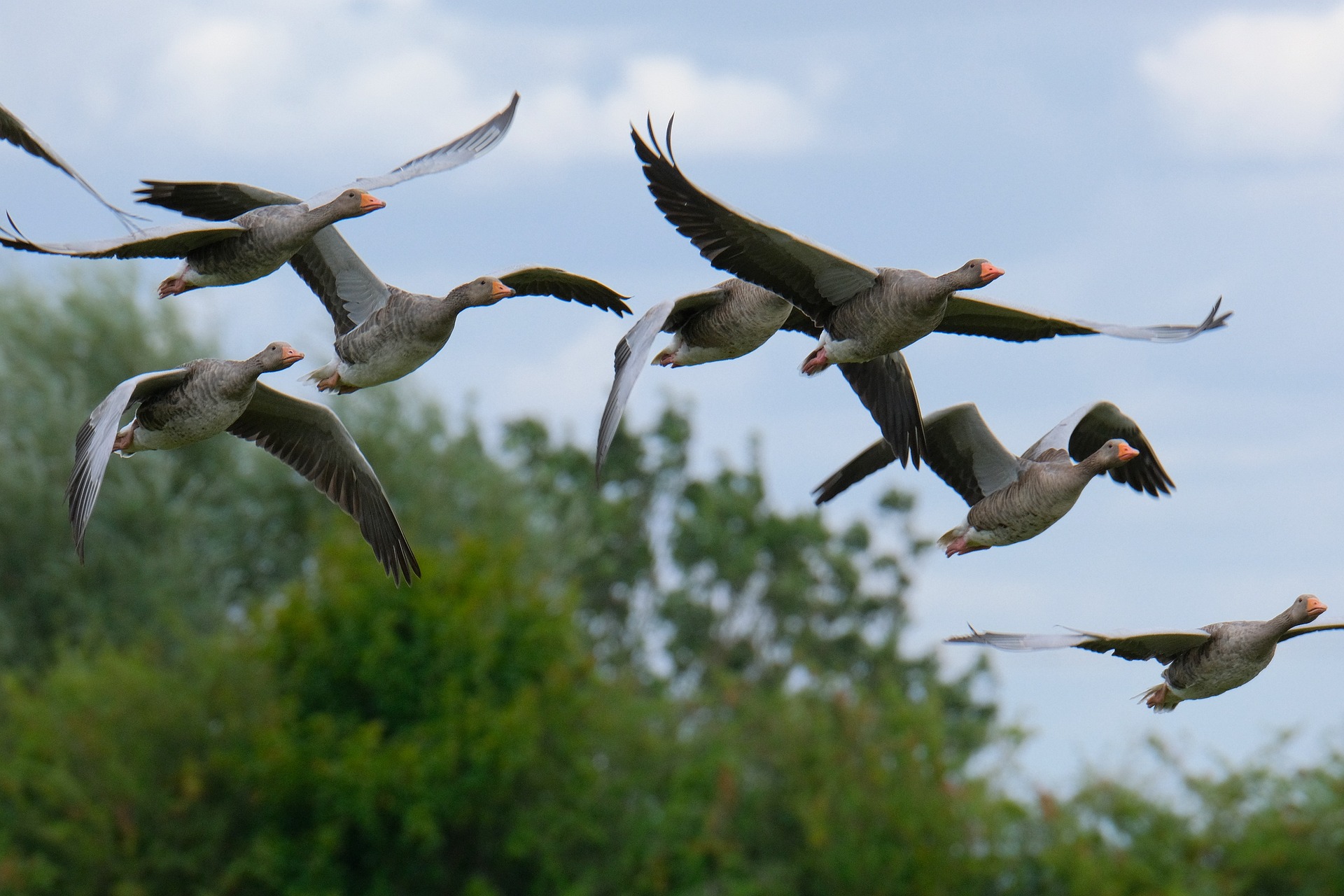News release
From:
A new study in Royal Society Open Science has examined how social dominance is created by aggressive behaviour in greylag geese populations.
The study, led by bird experts at the University of Vienna and Flinders University, found that individual differences in aggressiveness, if consistent across time and contexts, may contribute to the long-term maintenance of social hierarchies in complex animal societies.
Although agonistic interactions have previously been used to calculate individuals’ positions within a dominance hierarchy, to date the repeatability of agonistic behaviour has not been tested when calculating social rank.
Aggressive greylag geese really are more dominant, says lead author Professor Sonia Kleindorfer, from the University of Vienna Konrad Lorenz Research Center for Behavior and Cognition and Flinders Uni BirdLab.
"We found that individual differences in aggressiveness were significantly repeatable and that individuals’ aggressiveness predicted their dominance rank position," she says.
"These results suggest that selection could favour aggressiveness given benefits associated with dominance rank and hence access to resources."
The article, 'Aggressiveness predicts dominance rank in greylag geese: mirror tests and agonistic interactions' (2024) by Sonia Kleindorfer, Maria A Krupka, Andrew C Katsis, Didone Frigerio and Lauren K Common has been published by the Royal Society Open Society. URL after publication: https://royalsocietypublishing.org/doi/10.1098/rsos.231686



 Australia; International; SA
Australia; International; SA


